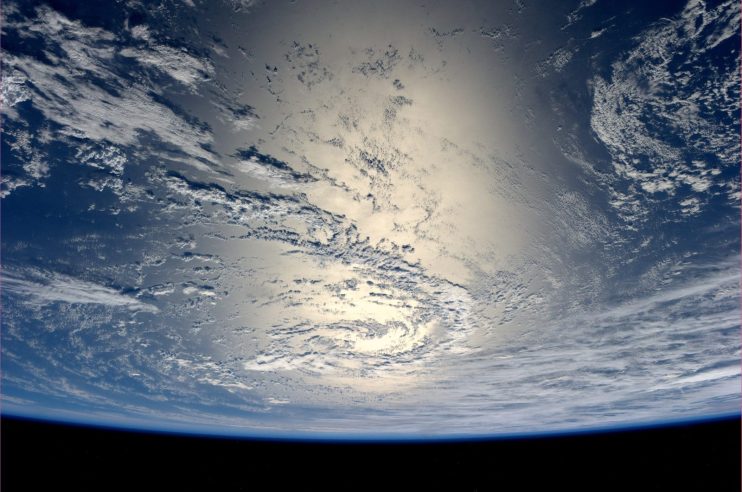Need a way out of recession? Look to the stars

“We choose to go to the moon in this decade and do the other things, not because they are easy, but because they are hard; because that goal will serve to organize and measure the best of our energies and skills.”
These words by President John F. Kennedy are as important today as they were when he spoke in 1962.
Asteroid mining may seem like something out of a sci-fi movie, and not the most obvious choice of investment, especially during a global pandemic and recession. But it is exactly these kinds of aspirations that have pushed human endeavour and technological advancement to new heights.
The discoveries made along the way to achieving these sky-high goals have become integral parts of our daily lives — and could even help us out of this recession.
The economics of space is now a crucial part of the market and no longer only in the realm of government endeavour. Private capital is paving the way for public partnerships. Supply chains in the “new space economy” are accelerating, startups are emerging, and clusters are forming.
Old space discovery was defined by the Russian Voshod and Vostok and the US Apollo missions. We have entered a space age defined by private enterprise.
Financial firms Goldman Sachs, Morgan Stanley and Bank of America Merrill Lynch have each conducted their own studies and found the space economy could reach between $1 trillion and $2.7 trillion by the 2040s. That would make it larger than the 2017 GDP of the UK.
But are these astronomical figures relevant to people beyond the likes of Elon Musk, Jeff Bezos and Richard Branson?
The answer is a resounding yes. The space sector is made up of a hidden infrastructure which most people do not see but is central to the technology that surrounds us. The strides humankind is making in space are integral to the day-to-day things we take for granted. Space plays an indispensable role in the global economy. The highest grossing sectors — agriculture, mining, transportation, IT, finance, and insurance — all heavily rely on systems and technology developed for space.
We know that without satellite observation our navigation and mapping capacity would be significantly reduced. But that is only the start.
Satellite data is being harnessed to protect critical infrastructure, and can be used to prevent disasters like the Morandi bridge collapse in Genoa by monitoring and holding critical information to better manage and maintain these types of structures. Given that there are over 80,000 ageing bridges in Canada alone, most with a design life of less than 100 years, the potential impact could be huge.
The insurance industry can also be transformed by “mega constellations” — a group of artificial satellites working together as a system to provide permanent global coverage. Insurers are excited about the prospect of increased real-time data on hurricanes, especially the ability to use imagery and analytics to speed up or question claims.
Amazon is rolling out plans to launch over 3,200 satellites to over 95 per cent of the Earth’s surface. The initiative is to launch a constellation of low Earth orbit satellites that will provide low-latency, high-speed broadband connectivity to the unserved communities around the world. Starlink, built by SpaceX, is launching “constellation broadband” to deliver higher-speed internet connections across the world.
The volume of space spin-off industries is multiplying every year. NASA has created more than 2,000 inventions that later became widespread products and services. Innovations such as the dialysis machines, CAT scanners and freeze-dried food are all a result of space-related projects.
Without investment in space exploration we would be without memory foam or GPS, while an adaptation of the spacesuit upgrade led to the creation of the Nike Air footwear.
We are only going to become more dependent on space technologies as AI and the fourth industrial revolution take off. Satellite data and its deep-learning technology are being used to map and monitor solar energy assets for smart city and smart grid initiatives. The AI combines satellite data with other factors such as weather information and local government policies to provide a complete picture of the emissions and financial benefits the technology could bring.
And yet, despite these strides, space exploration is still not considered a central part of our everyday lives. That needs to change. Governments must recognise its strategic importance. Consumers must realise how the space industry affects their everyday actions. Investors must consider the value of investment into the sector.
Space is key to protecting our people, promoting our global influence, and providing future prosperity.
The UK must decide what kind of space faring nation it wants to be. With government support, and an attractive environment to enable more private investment in space, the UK could rival the global superpowers in our reach for the stars.
Main image credit: Getty
